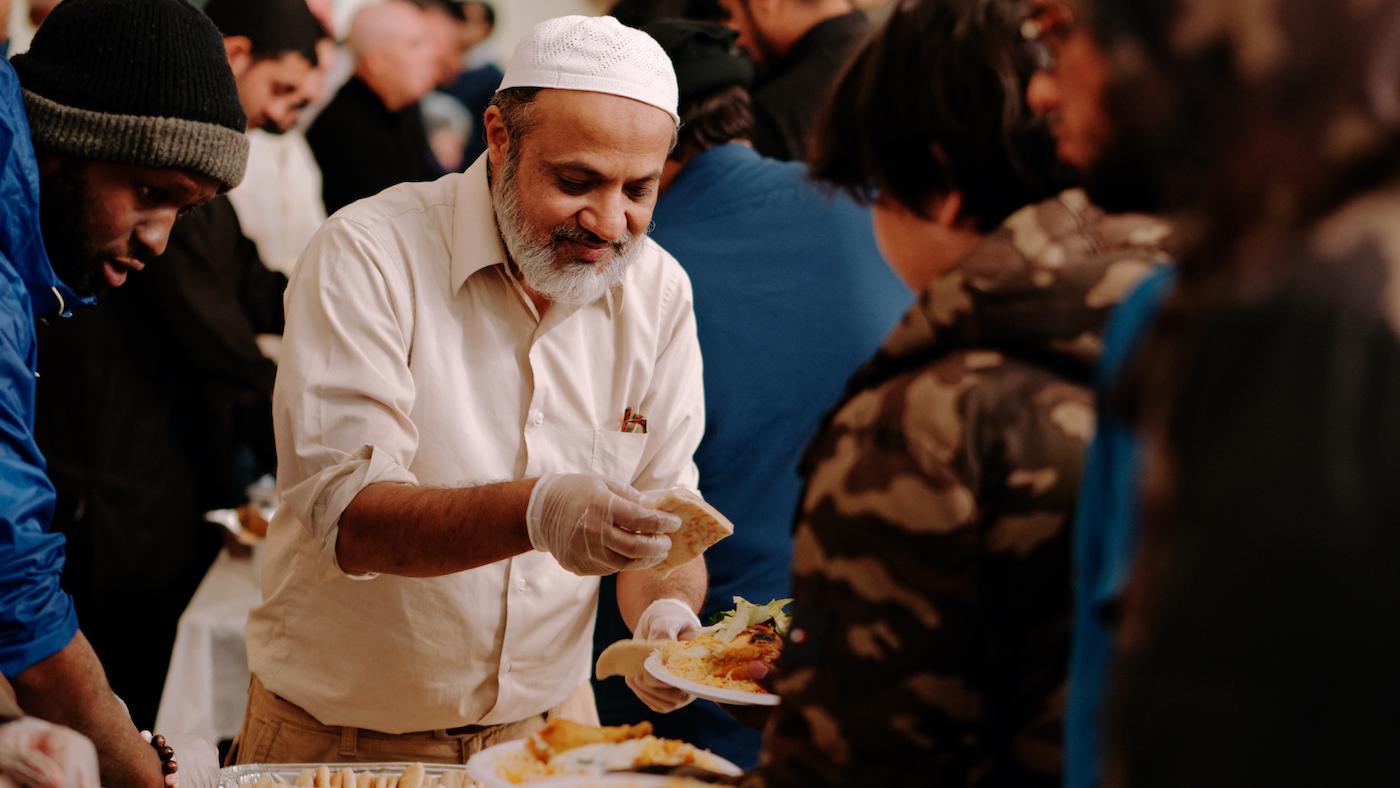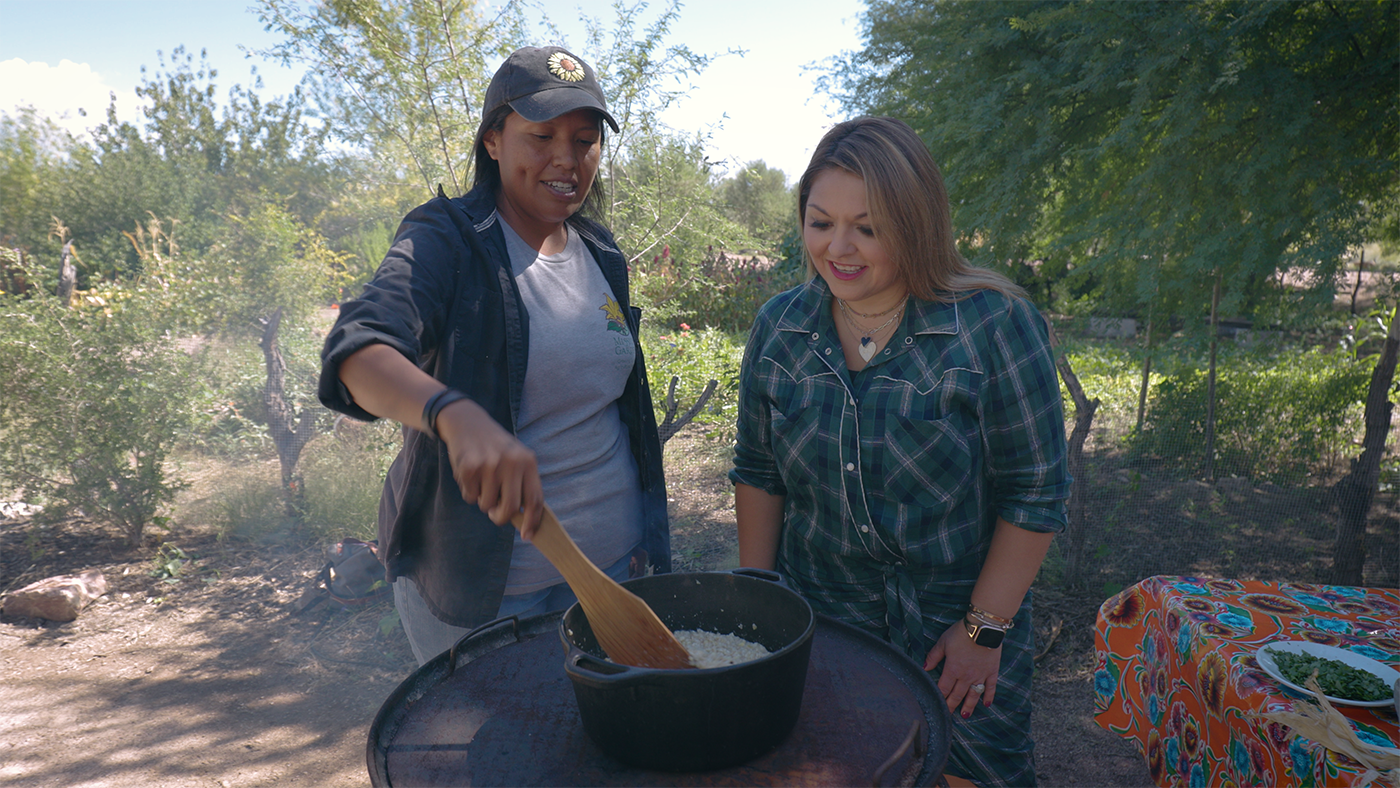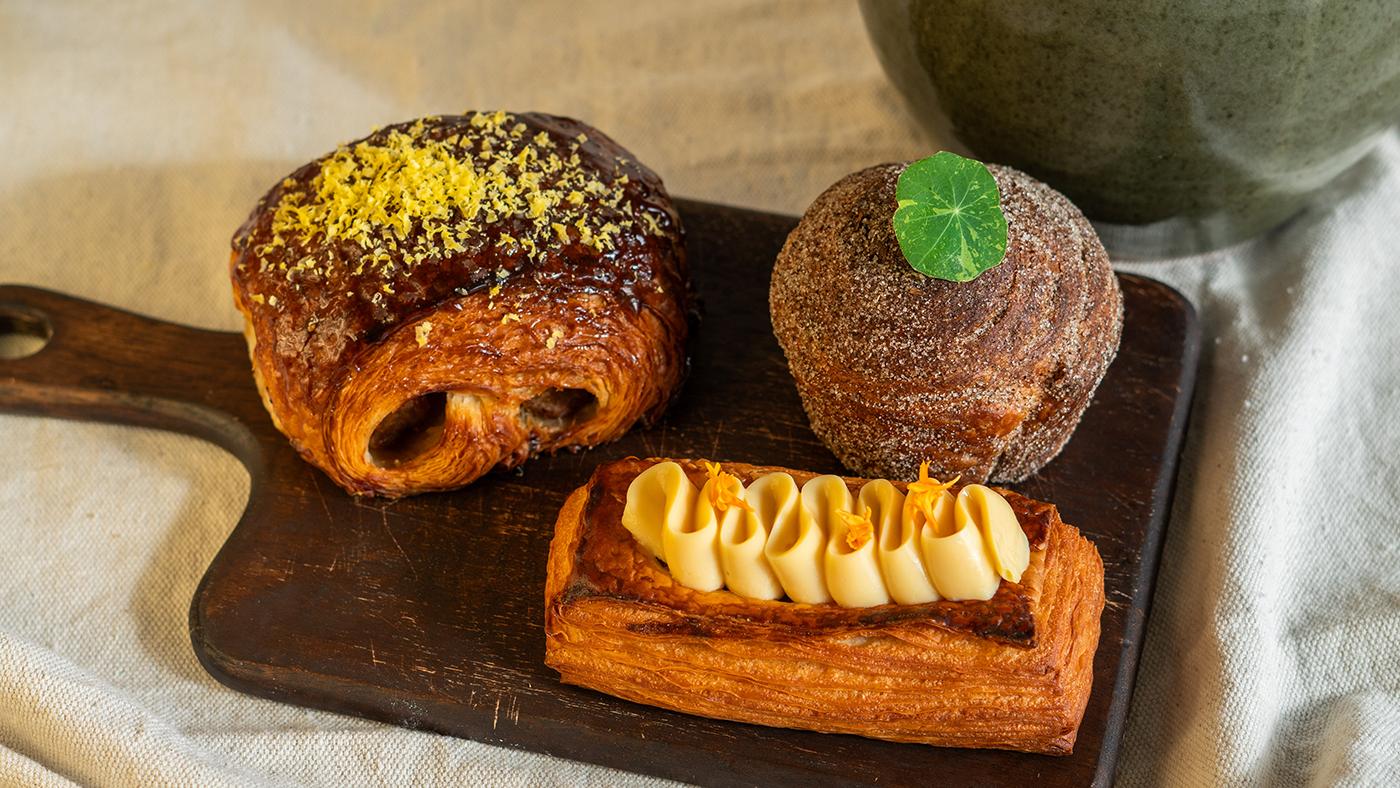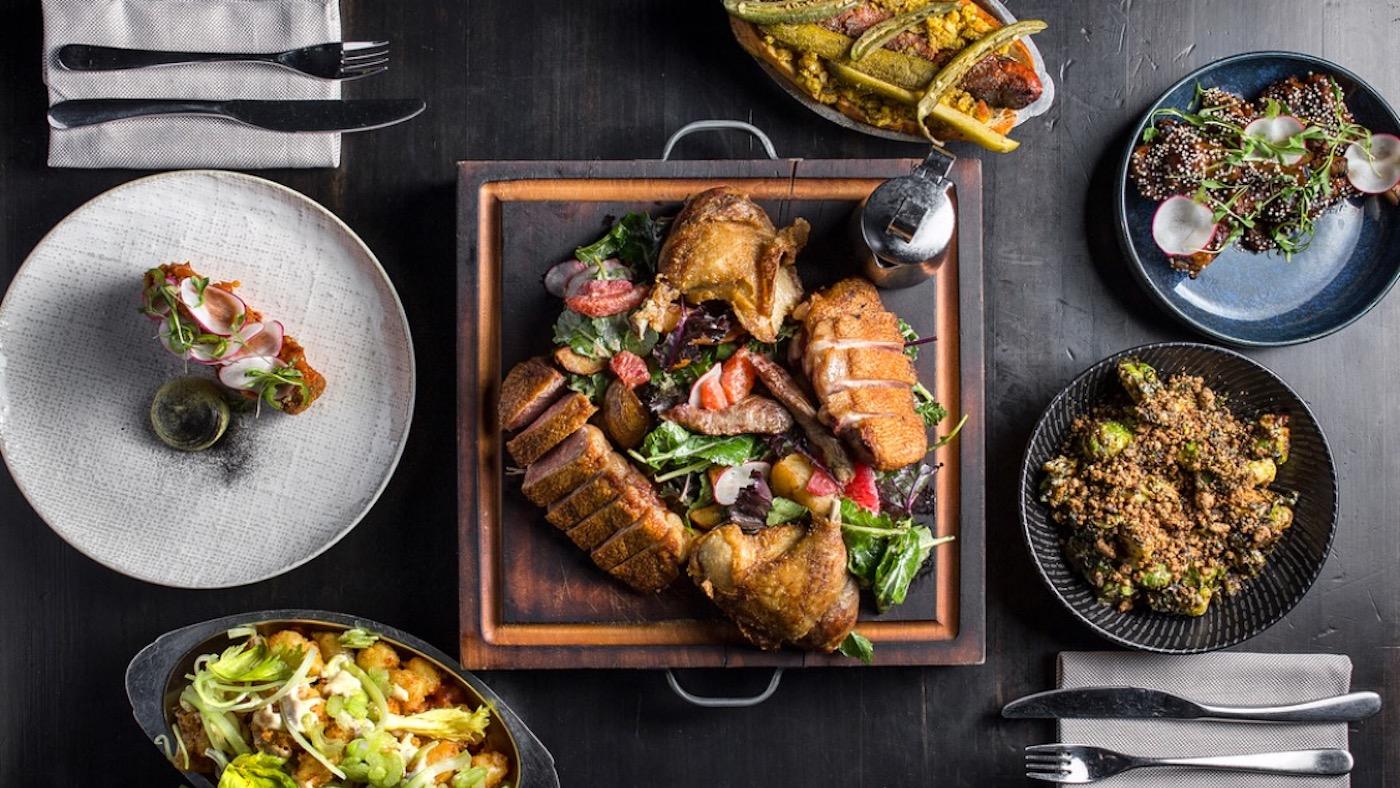The Naperville Baker Making Stunning Cakes That Offer Indonesians Across the Country a Taste of Home
Daniel Hautzinger
January 20, 2023
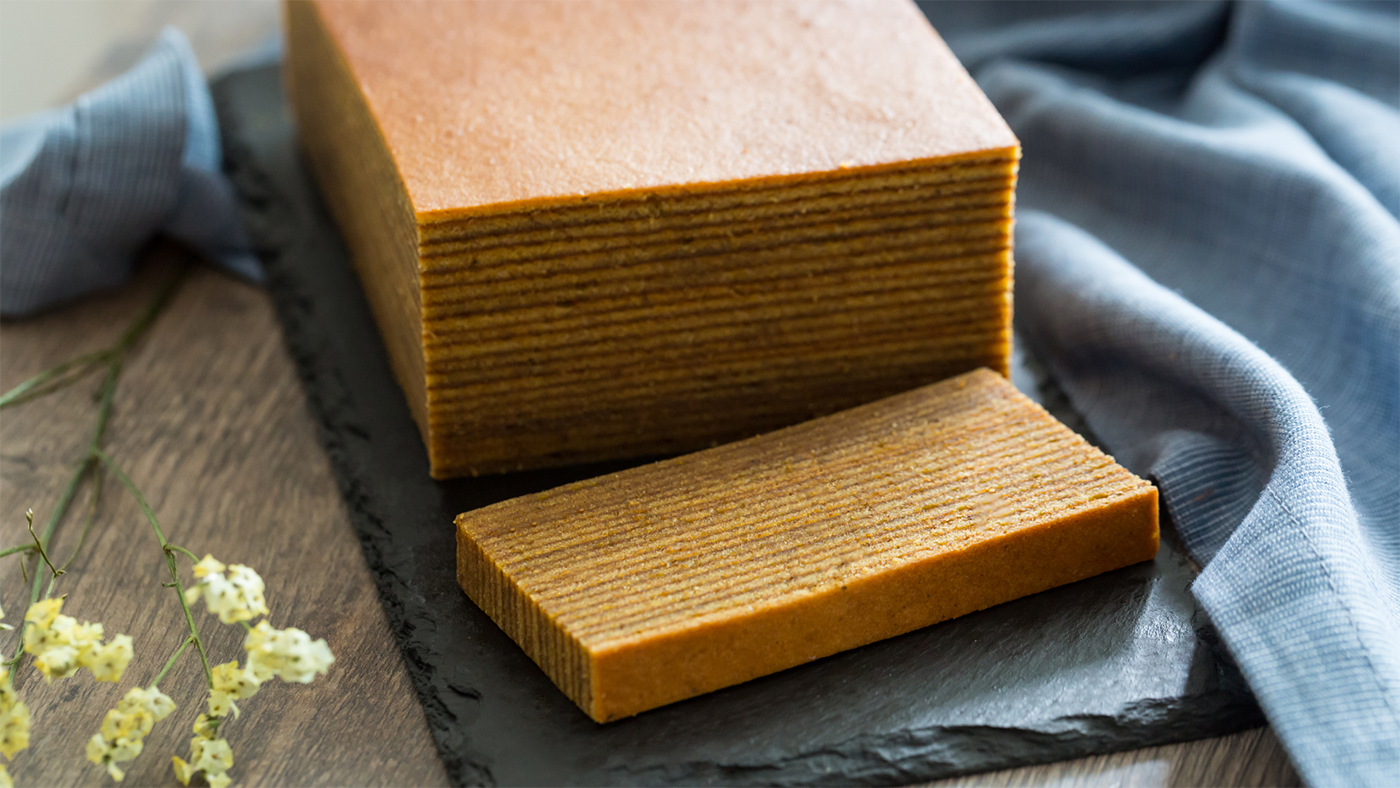
Get more food news and stories by signing up for our Deep Dish newsletter.
Across the country, Indonesians, Singaporeans, and Malaysians nostalgic for the traditions of home are removing precious vacuum-sealed cargo from bubble wrap-filled packages like gems from a treasure chest. Lunar New Year is here, and certain treats are essential for its celebration, but can be difficult to find in America: the spiced pineapple tarts called nastar, the striking twenty-layered cake kue lapis legit. Luckily, the pastry chef Ollyvia Putri bakes those desserts, among other Indonesian specialties, in a rented commercial kitchen in Naperville under the name Lapis 312. Her creations satisfy the cravings of expats everywhere, shipping them out to customers and Indonesian grocery stores throughout the country.
“Even in Indonesia, you can only find [lapis legit] in more traditional stores,” Putri says. “You’ll usually see them a lot during the holiday season, just because it’s quite an expensive cake. It’s not a cake that you will splurge on every day.”
Lapis legit is expensive because it’s intensely laborious to bake. The batter is relatively simple, albeit rich due to lots of butter and egg yolks, but it is baked in individual layers. For Putri’s cakes, that means twenty rounds of spreading a thin, even stratum of batter on top of each prior layer and baking it. The end result is stunning: smoothly stacked, neat lines of alternating yellow and tan (arising from the browning that comes with baking) piled up into an orderly rectangle. It makes sense that the Dutch—who developed the cake while trying to recreate European spit cakes such as baumkuchen in Indonesia during the colonial era—call it spekkoek, meaning pork belly.
The many layers of lapis legit yield a dense, pleasantly firm texture; you could pick up a slice and eat it with your hands like a cookie. The basic butter version is subtle and only lightly sweet, the perfect pairing for tea (another product of the Dutch colonies in Indonesia). Putri also offers other traditional flavors—prune, cheese, and spiced—as well as her own innovation featuring Nutella.
She and her sister came up with the Nutella version for Lunar New Year several years ago while running a bakery together in Singapore. “At that point in time, there weren’t many crazy flavors,” she explains. “It’s not really a cake you experiment on, because it’s quite expensive. But we were like, ‘Everybody loves chocolate. And, ooh, everyone loves Nutella!’” It’s now her second-best seller, after the butter.
Putri and her sister started the Singapore bakery, which her sister continues to run, in 2015, using their late grandma’s recipes. “My sister and I really missed her cake, and she was quite old then, so she didn’t make it anymore,” Putri says. While Putri was born in Indonesia, she grew up in Singapore, where she and her siblings were raised by her grandma. Although her grandma didn’t always allow the children in the kitchen, Putri would try to watch her bake, and was eventually allowed to help by weighing ingredients.
“My mom’s a great cook, my grandma’s a great baker; I think it’s in our blood,” she says. But she herself didn’t start baking until she was attending college in the United States and turned to baking as “stress relief.”
“Once I started baking, I got hooked and I really loved it,” she says.
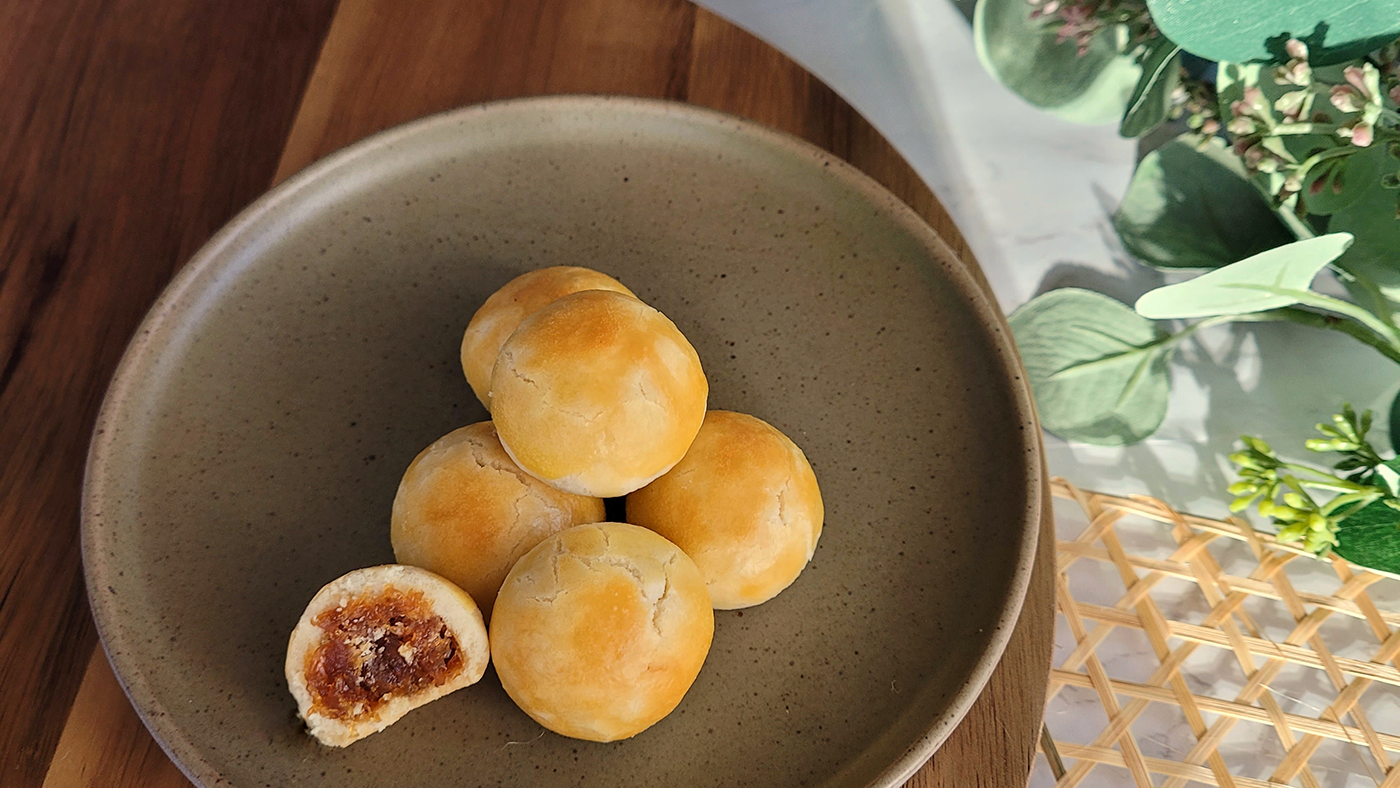 Nastar are buttery, crumbly cookies encasing spiced pineapple jam that are popular at Lunar New Year. Photo: Provided
Nastar are buttery, crumbly cookies encasing spiced pineapple jam that are popular at Lunar New Year. Photo: Provided
She decided to pursue pastry professionally, attending The French Pastry School in Chicago before working at The Peninsula Hotel Chicago and a famed Paris patisserie. That training honed her accuracy and attention to detail, and helped her refine her grandma’s recipes to be scalable and consistent. In the case of some of her grandma’s cookie recipes, she incorporated some French techniques to slightly improve them.
“She had a little notebook [with recipes], but she’ll write down, ‘Use this flower cup,’ so we tried to find a cup that’s similar in size and translate that into grams,” Putri says of adapting her grandma’s recipes with her sister. They also drew on their time watching their grandma bake, and their mom’s experience in the kitchen with her.
Putri moved back to the Chicago area after getting married, and launched Lapis 312 in 2019 out of her home. Her customers were originally friends and mutual acquaintances, but business took off during the pandemic. Now, the majority of her customers are out of state. She recently started selling quarter sizes of her lapis legit in Indonesian grocery stores and restaurants everywhere from California to Atlanta to New Hampshire, as well as at Waroeng in Schaumburg. While there are other people in America making lapis legit, especially home bakers, Putri says that “I don’t think anyone [has] pushed as far as I did.”
Despite all the orders, Lapis 312 remains “a one-woman show,” with Putri’s husband helping with logistics. She has been able to increase her volume every year so far by learning “from my past mistakes.” While most customers are currently Indonesian, Malaysian, Singaporean, or Dutch, she wants to introduce Indonesian desserts to Americans who aren’t familiar with them.
Among those desserts is another cake called kue lapis surabaya, which consists of two layers of vanilla sponge cake sandwiching one layer of chocolate sponge with strawberry jam in between. The crumbly, buttery nastar are her most popular cookies, but she also sells cheesy shortbread kastengel, cassava and cheese sagu keju, and almond cookies (she substituted almond for the traditional peanut due to the prevalence of peanut allergies in America). Finally, she makes kaya jam, a curd-like coconut spread infused with the delicate floral notes of pandan that is typically eaten on toast for breakfast.
“I have great memories of kaya” from growing up in Singapore, she says.
Lapis 312’s treats allow other expatriates a way to access fond memories, too. “I love it when customers tell me their memories,” Putri says. “They had lapis legit when they were young, and they’re like, ‘I can never find it here,’ or, ‘My grandma used to make it, but she has passed away.’” For her customers, hidden amidst the twenty layers of Putri’s lapis legit is a taste of home and family.


